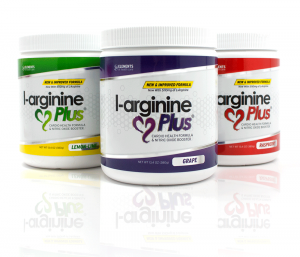How do you take care of your health after turning 50? Find out what you should be doing daily for your health between ages 50 and 80.
Health care becomes a priority later in life due to the odds of developing a serious health condition increasing. Fortunately, you can help prevent some major conditions later in life by practicing healthy habits now.
While there are various tips out there suggesting you do a million things for your health, there are some key habits that make all the difference. Keep reading to find out what they are and what you should be doing daily for your health between ages 50 and 80.
High Blood Pressure and Your Health
 High blood pressure, or hypertension, is often called the “silent killer” because it typically doesn’t present any symptoms. Due to this lack of symptoms, hypertension can damage your body and health for years without you noticing.
High blood pressure, or hypertension, is often called the “silent killer” because it typically doesn’t present any symptoms. Due to this lack of symptoms, hypertension can damage your body and health for years without you noticing.
Moreover, uncontrolled hypertension can lead to things like disability, poor quality of life, and even a heart attack or stroke. The condition has also been associated with dementia, aneurysms, heart disease, vision loss, kidney damage, and sexual dysfunction.
What To Do About It
According to a recent study in JAMA Network Open, people between the ages of 50 and 80 have a higher risk of developing hypertension and experiencing adverse outcomes than younger adults. One way to get ahead of this condition is by monitoring your blood pressure on a daily basis.
“Home BP monitoring is associated with moderate decreases in blood pressure and is cost-effective,” the study states. In addition, the study notes that only 48 percent of individuals who should check their blood pressure on a regular basis do so.
The American Heart Association (AHA) explains that consistency is key in measuring your blood pressure at home. “It’s important to take the readings at the same time each day, such as morning and evening,” the AHA notes.
They also point that that you should avoid any factors that may influence your blood pressure readings. For example, you should empty your bladder five minutes before your readings and avoid smoking, drinking, or exercising 30 minutes beforehand.
Lowering Your Blood Pressure
 Measuring your blood pressure on a daily basis and letting your doctor know what your readings are will help you know where you’re standing. However, you also have to take active steps to lower your blood pressure.
Measuring your blood pressure on a daily basis and letting your doctor know what your readings are will help you know where you’re standing. However, you also have to take active steps to lower your blood pressure.
For instance, you should start eating heart-healthy foods, exercise regularly, quit smoking, manage your stress, and sleep well. Another habit that may help is taking supplements like L-arginine Plus.
Its ingredients promote the production of nitric oxide, a compound that naturally improves circulation, lowering blood pressure along the way. If you’re ready to support your heart health, then measure your blood pressure, practice healthy habits, and take L-arginine Plus.

